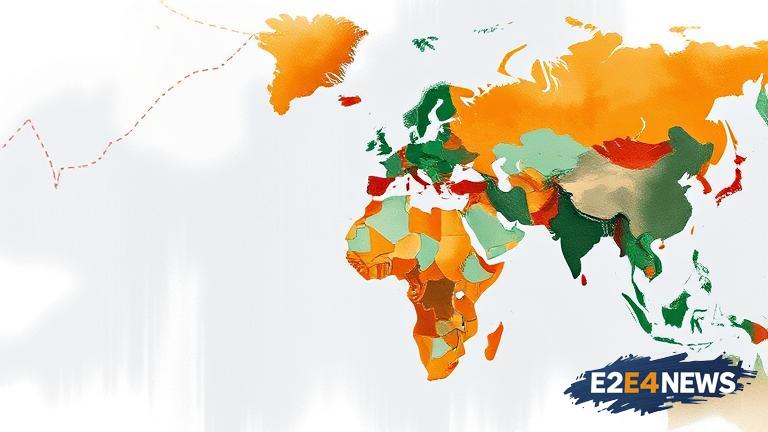India’s Navratna company, NLC India Limited, is embarking on a strategic global quest to secure rare earth elements, essential for the development of emerging technologies such as renewable energy systems, advanced ceramics, and cutting-edge electronics. The move is part of India’s efforts to reduce its dependence on imports and establish itself as a significant player in the global rare earth market. Rare earth elements, comprising 17 metallic elements, are vital for the production of various high-tech products, including smartphones, laptops, and electric vehicles. The global rare earth market is projected to witness significant growth, driven by increasing demand from the renewable energy, automotive, and electronics sectors. However, the market is currently dominated by China, which accounts for over 90% of global rare earth production. India’s NLC is seeking to challenge China’s dominance by exploring new rare earth deposits, both domestically and internationally. The company has already identified potential rare earth reserves in countries such as Australia, the United States, and Canada. NLC is also collaborating with foreign companies to develop rare earth processing technologies and establish a robust supply chain. The Indian government has extended its support to NLC’s rare earth quest, recognizing the strategic importance of these elements in driving the country’s economic growth and energy security. The government has announced plans to invest heavily in the development of rare earth infrastructure, including processing plants and research facilities. India’s rare earth ambitions are also driven by its commitment to reducing its carbon footprint and transitioning to a low-carbon economy. Rare earth elements are essential for the production of renewable energy technologies, such as wind turbines and solar panels. Furthermore, India’s rare earth quest is closely tied to its Act East policy, which aims to strengthen economic and strategic ties with countries in Southeast Asia and the Indo-Pacific region. The policy has led to increased cooperation between India and countries such as Japan, South Korea, and Australia, which are also significant players in the global rare earth market. As India navigates the complex geopolitics of the rare earth market, it must balance its relationships with multiple countries and stakeholders. The company must also contend with the challenges of rare earth extraction, including environmental concerns and community opposition. Despite these challenges, NLC remains committed to its rare earth quest, recognizing the long-term benefits of securing a stable supply of these critical elements. The company’s efforts are expected to have a positive impact on India’s economy, energy security, and environmental sustainability. In the long term, India’s rare earth ambitions could also contribute to the development of new industries and job creation, driving economic growth and prosperity. As the global rare earth market continues to evolve, India’s NLC is poised to play a significant role in shaping the future of this critical sector. With its strategic global quest for rare earth elements, India is sending a strong signal to the world about its commitment to emerging technologies, energy security, and environmental sustainability. The country’s rare earth ambitions are closely tied to its vision for a low-carbon economy and a significant reduction in its dependence on fossil fuels. As India moves forward with its rare earth quest, it is likely to face both opportunities and challenges, including the need to balance its relationships with multiple countries and stakeholders. Nevertheless, the potential rewards of securing a stable supply of rare earth elements make India’s strategic global quest a critical component of its economic and energy security strategy.
